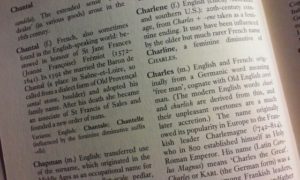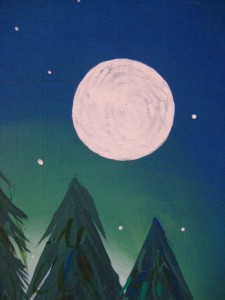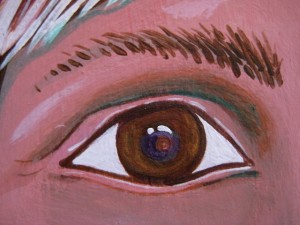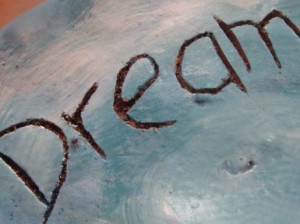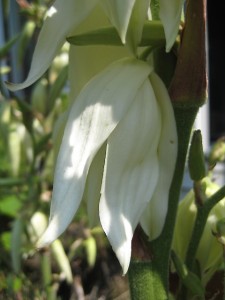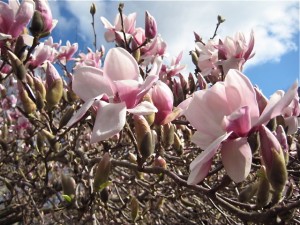The usher at a concert escorts us to our preselected seats. In the shaman’s world, the usher is the spirit that selects what we will encounter next. Those who are deeply engaged in traumatic recapitulation are quite familiar with the autonomy of the usher. One never knows what memory is to be ushered in next. It appears, of its own accord in the body, psyche, and events of everyday life.

-Photo by Chuck Ketchel
In tribal times it was the medicine man, or woman, who went into trance and was ushered into spiritual realms that determined the fate of the individual or the tribe. The medicine man had access to unseen spiritual forces, some benevolent, some destructive. The medicine man had no friends. He exerted such a powerful hypnotic effect on tribal members that people avoided contact with him for fear of losing their sanity or becoming possessed by spirits. Nonetheless, the medicine man had his role as mediator to forces that would fundamentally shape the future direction of the tribe, for better or for worse.
In our times, there can be no doubt that Donald Trump is a medicine man. His rise to power indeed defied all reason, his hypnotic tirades channeling a spiritual wave of energy that swept him into the presidency. His intent is that money solve everything. He is a change agent who has opened the tunnel to powerful forces determined to reshape our world. He was selected, he was ushered in, and he in turn ushers the world into where we know not.
In shamanic terms, the usher causes a shift in the assemblage point. The shamans describe the assemblage point as a perceptive center that assembles how we interpret the world. As they see it, our world is held together by a massive uniformity of interpretive agreement. This perceptual agreement is upheld by all members of the human race, generating the world we call reality.
A shift in the world assemblage point shakes the very cohesiveness of the world of everyday life. The reality we’ve come to depend upon crumbles as new building blocks factor into the mix. Like an earthquake, everyone feels the shift, as it shakes the very ground of our beings.
Forces are now rapidly vying to assemble a whole new world, a reality based on a whole new formula. How that will congeal and whether the uniformity necessary to uphold it will be agreed upon remains to be seen. In the meantime, we are all subject to veritable onslaughts of the unknown in the course of everyday life.
This collective instability impacts our personal reality as well. On an individual level, one’s personal usher may be forcing encounters with very deep issues that rattle the familiar security of everyday life. This can take the material form of relationship issues or family crises. Inwardly, this might be a time to face firmly engrained habits that no longer fit the changes the usher demands of us. Inwardly, as well, we may be forced to encounter deeply buried truths and experiences that completely reshape how we know ourselves and the world.
What is clear in this time of the usher is that the world as we have known it cannot be held onto. The consensus of our consensus reality is under too much bombardment to remain in its customary position. The danger of this destabilization should not be taken lightly, but the fact that this time also offers an opportunity for great change is equally significant. As we grapple with our deep personal challenges we are led outside our familiar selves, into a deeper universe of possibilities that we may have never known about.
Frankly, though Donald Trump has been selected to usher in universal change, I rest assured that the female shamans are behind this maneuver. Radical changes are needed to save this world and he is being used by them to break down the familiar. What comes beyond that, however, goes way beyond him.
I suggest that we all do our part to meet squarely all that comes to meet us, and agree to create a new mass consensus reality based upon love, truth, equality, and sustainability. Let that be the intent we ask of the usher, to land us on the world assemblage point of love!!
Let’s see what happens,
Chuck

